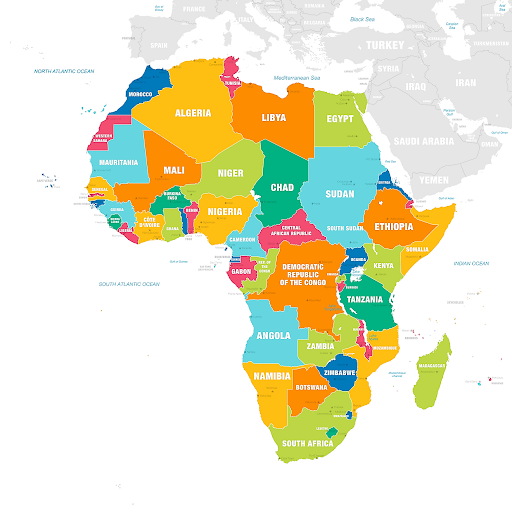
UNITED States President Donald Trump’s inauguration for a second term this week has reignited debates about the future of global cooperation.
His promise to restore "the golden age of America" is underpinned by a flurry of Executive Orders issued on his first day back in office. While these orders might appeal to his domestic base, they could have devastating consequences for developing countries, including Zimbabwe.
Trump’s disdain for authoritarian regimes and kleptocracies in the developing world has been evident in his rhetoric and policies.
However, his actions often undermine the very progress needed to address systemic global issues. His decision to withdraw from the Paris Climate Agreement — a landmark 2015 accord signed by 196 countries — will likely exacerbate climate challenges faced by countries such as Zimbabwe that have been crying out for resources to fund climate change mitigation and adaptation programmes.
Already grappling with a severe El Niño-induced drought and reliant on international aid to the tune of US$3 billion, Zimbabwe and other vulnerable nations could face further hardships as the US withdraws billions in climate funding.
In 2024, the US contributed US$11 billion to support climate change mitigation in developing countries. This funding was instrumental in helping nations adapt to the adverse effects of rising temperatures, such as desertification, reduced agricultural output, and extreme weather events.
Without it, African countries risk heightened exposure to climate disasters, imperilling food security and livelihoods across the continent. Trump’s withdrawal from the World Health Organisation (WHO) is another blow to developing countries.
For countries such as Zimbabwe, where public health systems are underfunded and overburdened, such funding cuts could reverse years of progress in combating diseases, providing vaccinations, and responding to health crises. It is unlikely that Trump's second term will see Washington lifting its embargo against Zimbabwe. Additionally, Trump’s immigration policies — marked by tighter border controls and stricter measures — further complicate the plight of citizens fleeing poverty, unemployment, and authoritarian regimes. For Zimbabwe, where economic mismanagement and political oppression continue to drive emigration, these policies will likely close doors to opportunities abroad.
- Illegal smuggling of US-made weapons from Afghanistan to Pakistan and its trade: a thriving business in Pakistan
- Dynamite comes in small packages in Pastor Chirinda
- Dynamite comes in small packages in Pastor Chirinda
- Toxic smoke chokes Karoi residents
Keep Reading
Ultimately, Trump's second term spells doom for developing countries.
But it is essential for African leaders to shun corruption, develop home-grown solutions, and reduce their reliance on donor funding. With abundant mineral resources and human capital, Africa has the potential to stand on her own. African leaders must take a cue from China, which has successfully lifted millions of its citizens out of poverty through targeted economic policies. By adopting similar strategies, Africa can reduce its dependence on foreign aid and forge its own path to prosperity.











